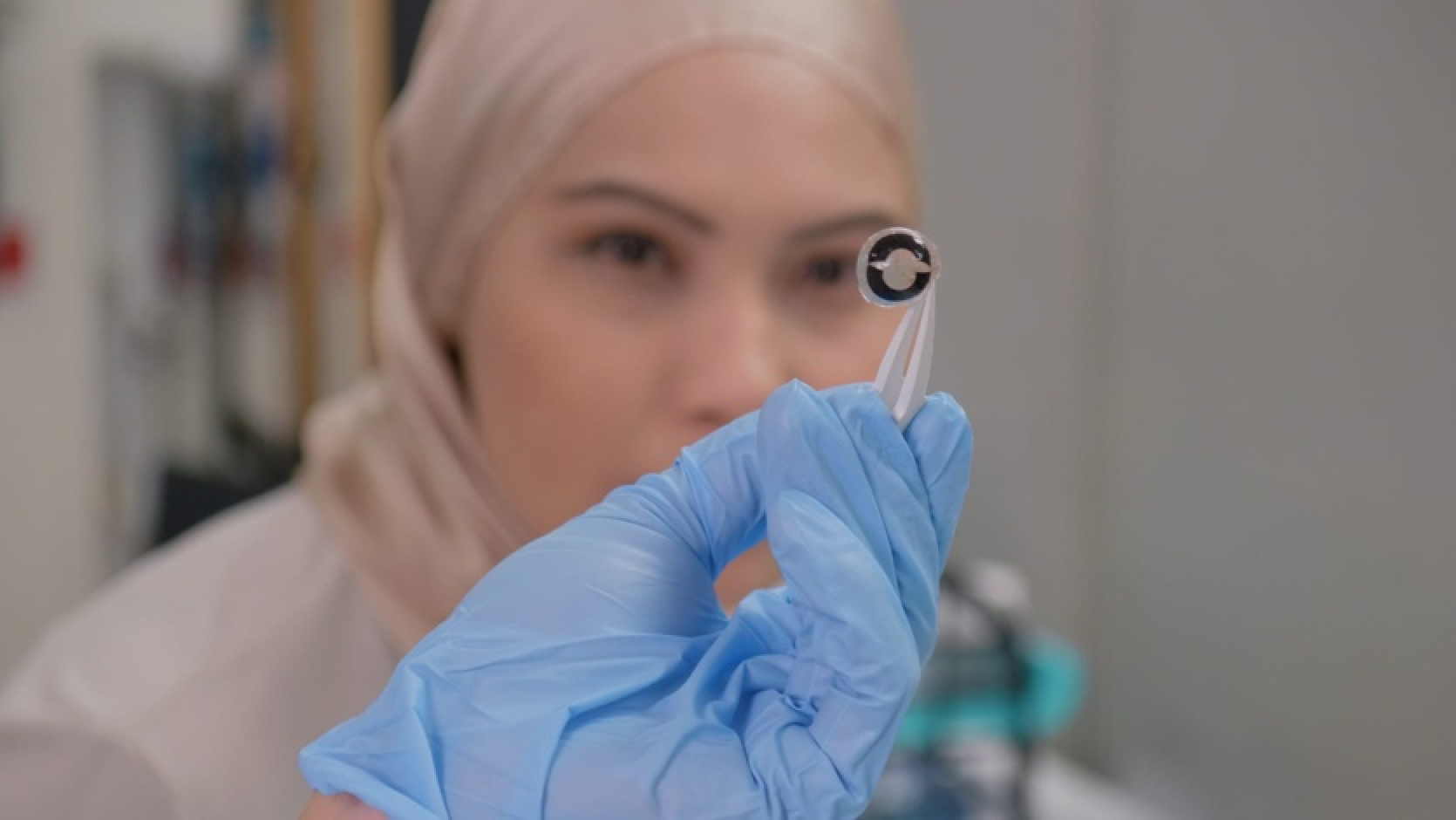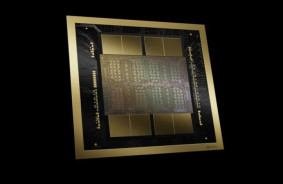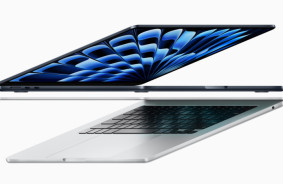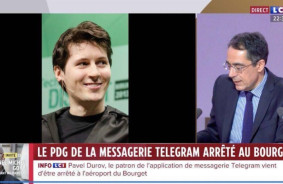Scientist Lee Sok Woo from the School of Electrical and Electronic Engineering at Nanyang Technological University said that a scene from the movie "Mission: Impossible" inspired him to invent - batteries for smart contact lenses. In the fourth film of the series, the agent wears contact lenses that can recognize faces and track eyes. Lee wanted to bring this lens into reality.
Lee understood that smart contact lenses would need safe and compact batteries, which would be crucial for the progressive development of these devices. Lee and his team invented a battery that can be powered by a biosafe saline solution, as an alternative to lithium-ion batteries that contain flammable materials.
This new battery can be charged using a regular wired or chemical method. The battery is coated with glucose, and when submerged in a saline solution, the glucose reacts with sodium and chloride ions to charge it. After an eight-hour chemical charge, the battery can reach 80% of full capacity. Then it can be used for a couple of hours throughout the day.
However, there is another unusual way to power the battery. Ordinary human tears can be used for this purpose.
"Tear fluid also contains glucose. This means that when you wear contact lenses, your tears can also charge the battery. The more you cry, the more you can charge the battery," said Lee.
Currently, the capacity and voltage of the battery are still very low. Using two methods, the battery can only produce a voltage of about 0.3-0.6 V. The standard voltage for a AA battery is 1.5 V.
At this stage, this power is not enough to power data storage or connect to the internet, but the team is working on improving the battery's characteristics.
The contact lenses themselves are extremely thin, 0.5 mm, so the size and flexibility of these batteries are key to preventing user discomfort.
"The thickness of our battery is about 0.2 mm, which is roughly twice the thickness of a human hair," Lee said.
He believes that after the commercial production of such batteries, their price will be only a few dollars.
Source: cnbc













Comments (0)
There are no comments for now